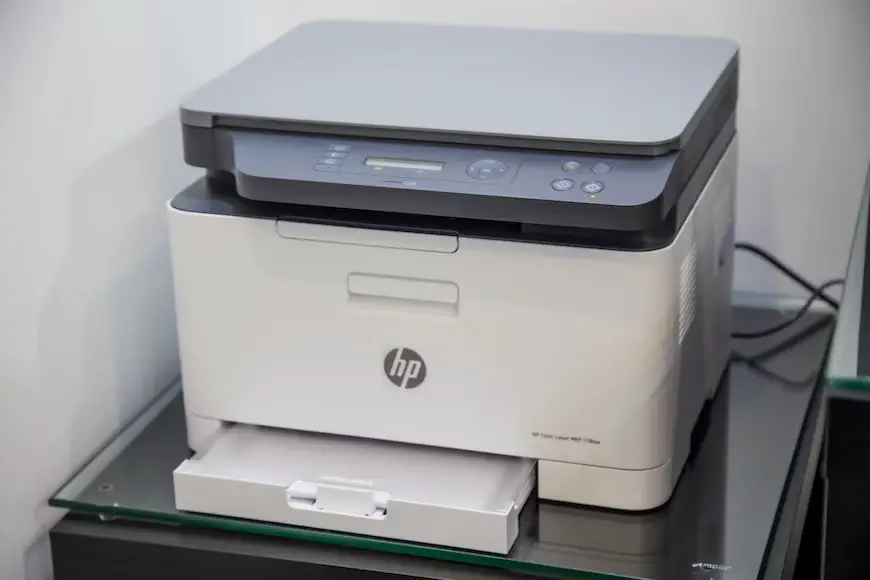HP’s (HPQ.N) motion to dismiss a lawsuit which claims it intentionally designed its all-in-one printers to be unable to scan or fax if they detected low ink levels, in an effort to encourage the company’s profits by forcing customers to purchase ink, has been denied by a judge.
The proposed class action lawsuit said that HP concealed how it designed its printers to enter an “error state” when low on ink, which would render the scanning and faxing functions, which do not require ink, disabled. That would then force customers to purchase high-margin ink cartridges which were not required for those functions.
In the decision on Thursday, U.S. District Judge Beth Labson Freeman said there was sufficient evidence that HP knew about the defect, specifically pointing to a message board post in which a support agent informed a customer that his printer “will not function” without ink.
The judge went on to say that the plaintiffs can seek to demonstrate that HP had a duty to reveal and disclose the defect, based upon the company’s “superior knowledge” that the printers would be disabled when in a low-ink condition.
HP had maintained that the customers had not alleged the company had such a duty, or that it “actively” sought to conceal any defect.
The lawsuit covers purchasers in the United States, as well as California and Minnesota subclasses.
The leading plaintiffs are Gary Freund, of San Francisco, and Wayne McMath, of Minneapolis, who both say they either would not have bought their printers, or they would have paid less money, had the defect been disclosed.
Of the $63 billion in revenue Palo Alto, California-based HP made in the year ending October 31st, 2022, printing products, including printers and supplies, produced $18.9 billion, or 30% of its total revenue.
The case is Freund et al v HP Inc, U.S. District Court, Northern District of California, No. 22-03794.

